Courageous Radio Telephone Operator
Specialist Four William K. Anderson, served with C Company, 2nd Battalion, 12th Cavalry, 1st Cavalry Division (Airmobile) during direct combat operations in the III Corps area of Vietnam during the aforementioned period serving first as an infantryman/mortarman and lastly as the company radio telephone operator.
Operations in Vietnam were conducted in the Phuoc Long Province, III Corps combat zone in the area along the Cambodian border and adjacent to the infamous Ho Chi Minh trails. The overarching mission was to interdict the enemy movements leading from these trails toward Saigon. Combat operations with an infantry rifle company in Vietnam in the 1st Cavalry Division in 1970 and 1971 were particularly hazardous on many levels. The unit routinely operated at significantly reduced manpower strength creating an additional combat load burden and much greater stress for those assigned. Danger was ever present. The conditions for serious injury and death were continuous 24/7. Frequent combat assaults by helicopter into known enemy areas of operation were the norm. Each combat air assault carried great risk of enemy ambush or contact. Often the soldiers had to leap from the helicopters at a bone jarring height loaded with full equipment due to obstructions, obstacles, or booby traps on the landing zone. Specialist Anderson was of the highest intellect and was particularly savvy under all conditions and circumstances. He carried an extraordinary combat load due to his duties as a radio telephone operator (RTO) and equipped with a PRC 25 radio and extra batteries in addition to a personal weapon, food, clothing, water and equipment. At this point, it should be noted that the company RTO was the only connection to the outside world and the primary communication 24/7 for obtaining lifesaving relief. He was expected to take immediate actions to pass command of the unit in the event of my death or incapacitation. In addition, he was the principal contact for external assistance. The enemy forces were very much aware of this vital link and singled out the RTO as an immediate target. Frequently, helicopter operations entailed takeoffs and landings in a cloud of dust that could not be avoided while loading or uploading. This contamination made it difficult to breathe. Many of the assigned areas of operation along the Cambodian border had been treated with Agent Orange that had to be traversed. Exposure to this contaminated area could not avoided. Firefights and enemy contact were to be expected and did occur at any point in time which elevated the stress levels and caused trauma from witnessing friendly casualties and engaging the enemy. Both enemy and friendly fires posed extreme dangers and required constant alert and caution. In rare occasions, when the company was afforded an opportunity to provide security for a supporting fire support base, it was positioned under the barrels of artillery ranging from 175mm, 8-inch mm, 155 mm and 105mm fires. Ambush and booby traps were a constant threat heightening senses and elevating the need for continuous alert. Fighting positions had to be dug every evening and guard duty performed throughout the night. It was also rare for any Soldier, under these conditions, to obtain more than 4-5 hours’ sleep during the night – the enemy threat was continuous even during the night. Food primarily consisted of limited freeze-dried selections that quickly became less and less palatable. Fresh fruit and vegetables were not existent.
The environmental conditions in our area of operations can best be described as miserable. The extreme environment along the Cambodian border in the III Corps area of Vietnam posed unique challenges and hazards to health and safety. This was generally comprised of triple canopy jungle laced with razor sharp elephant grass and thorns of every description that continuously caused massive skin infections. Leeches, more than an inch in length, had to be removed continually. The monsoon rains lasted 24/7 making even the simplest living conditions more miserable. Runoff from rain-soaked trees made eating a challenge. Clothing and equipment stayed soaked for days on end. In many instances, clothing simply rotted off before a resupply could be accomplished. Poisonous snakes, spiders and insects were ever present and caused medical evacuations. The single greatest threat was malaria infested mosquitoes. This required daily malaria pills to mitigate the problem but in no way avoided continuous bites. Jungle rot was real.
Specialist Anderson was a courageous infantry Soldier of superb character who did his duty to the utmost of his ability under the extraordinary circumstances of direct combat operations. This performance was accomplished regardless of the personal risks, dangers, and miseries and under some of the world’s most extreme environmental conditions imaginable.






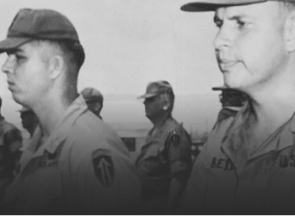






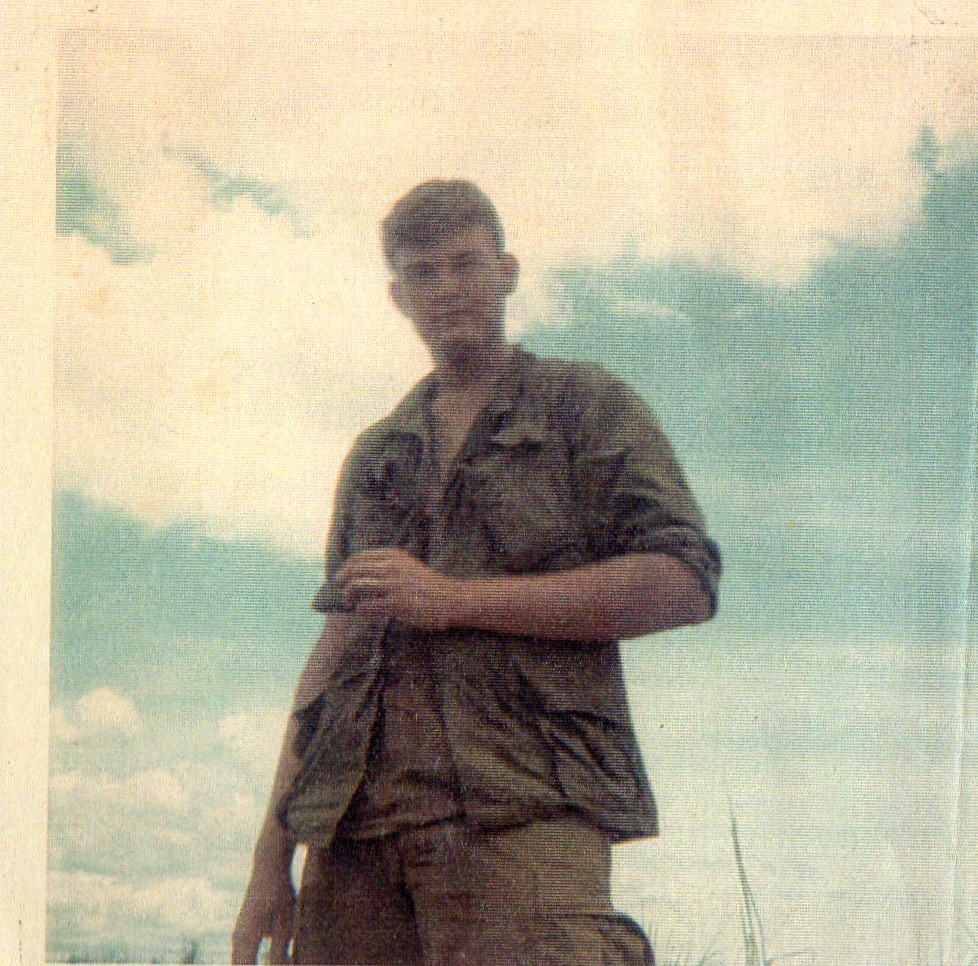
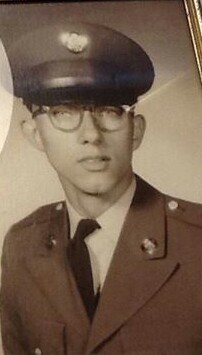
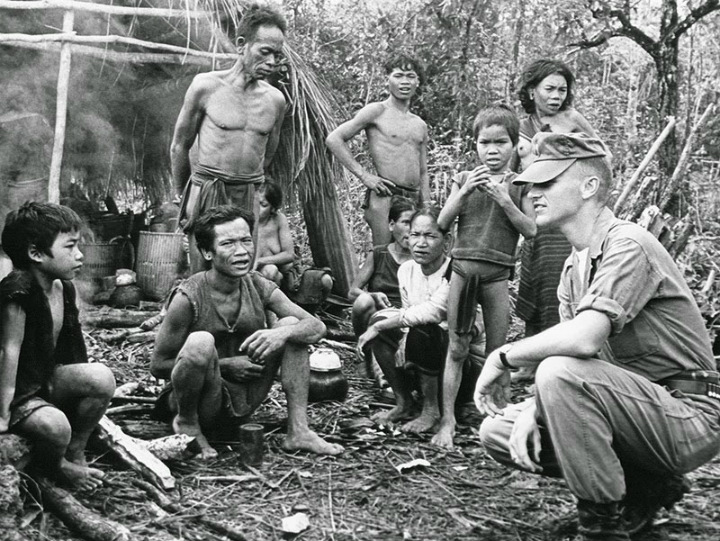
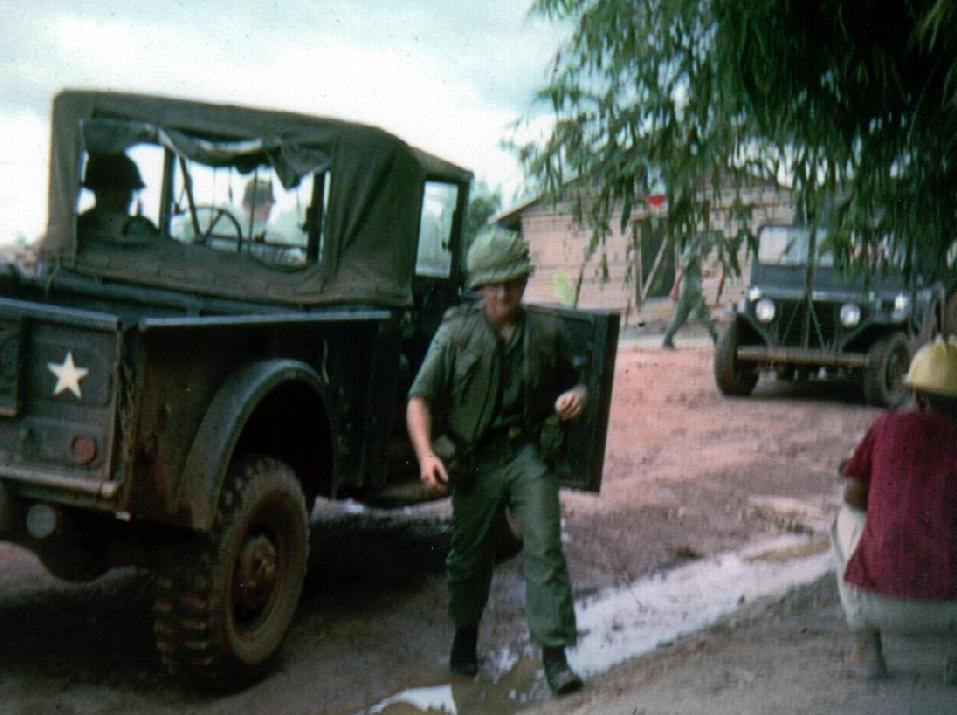

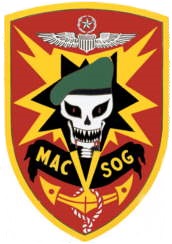
Thank You for sharing this!